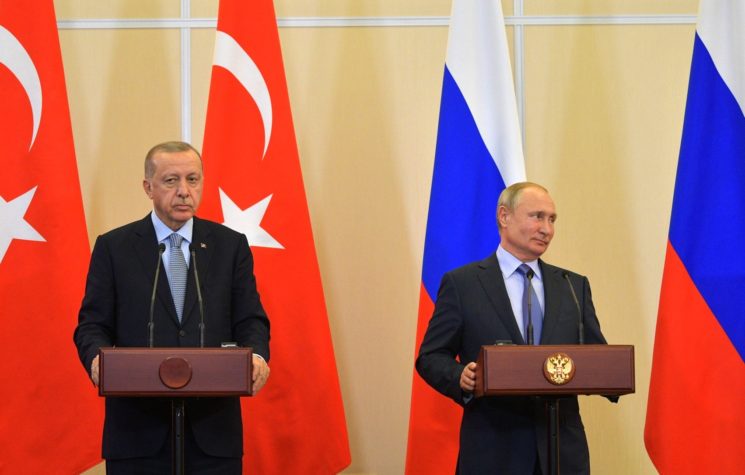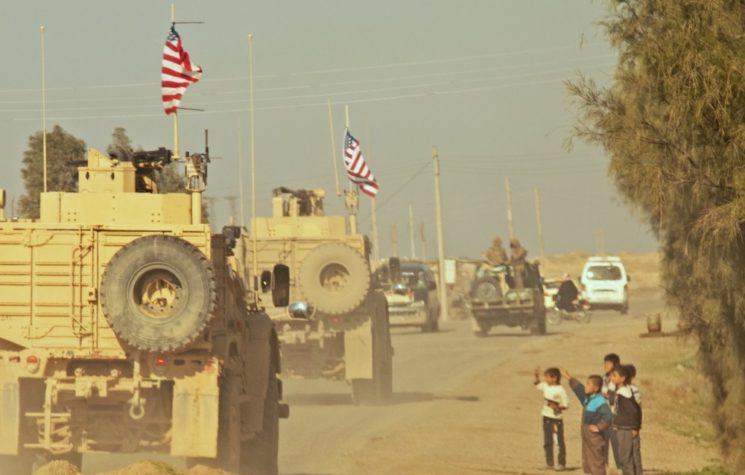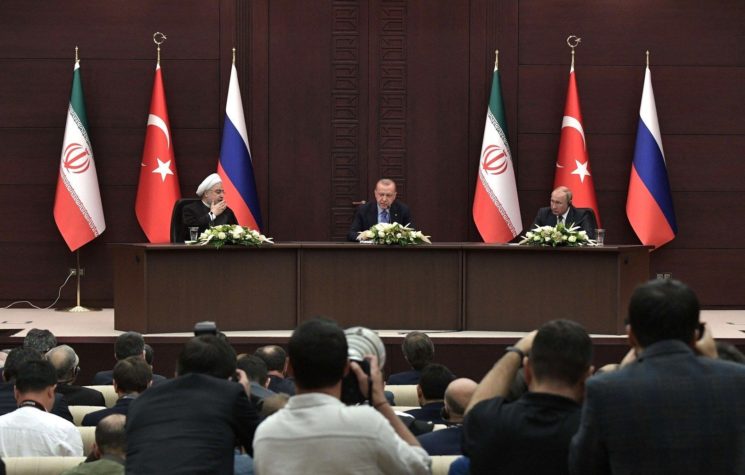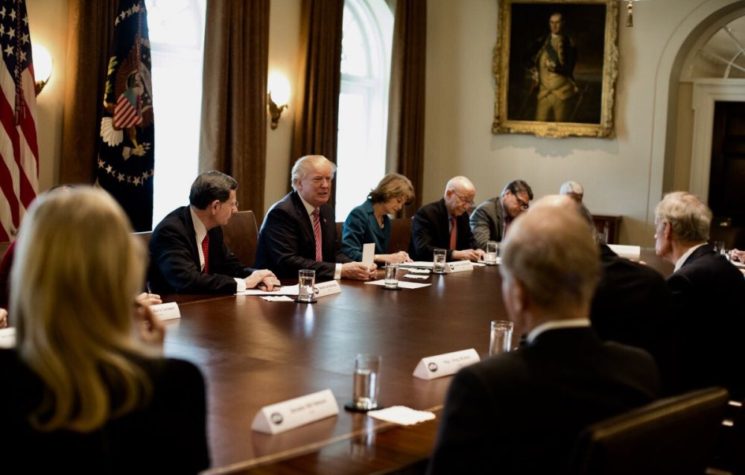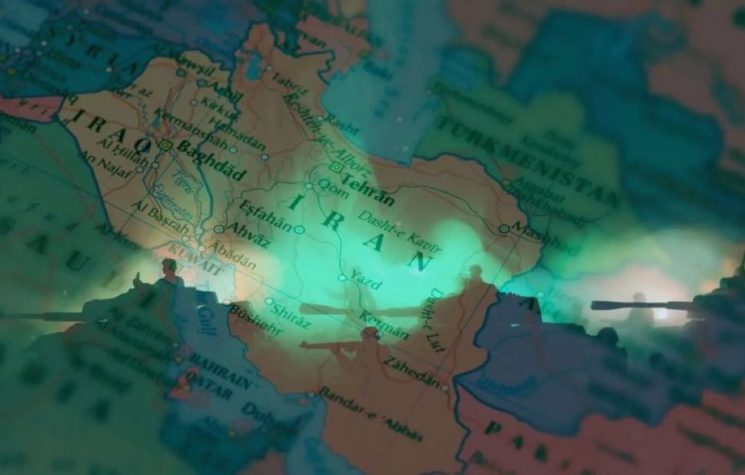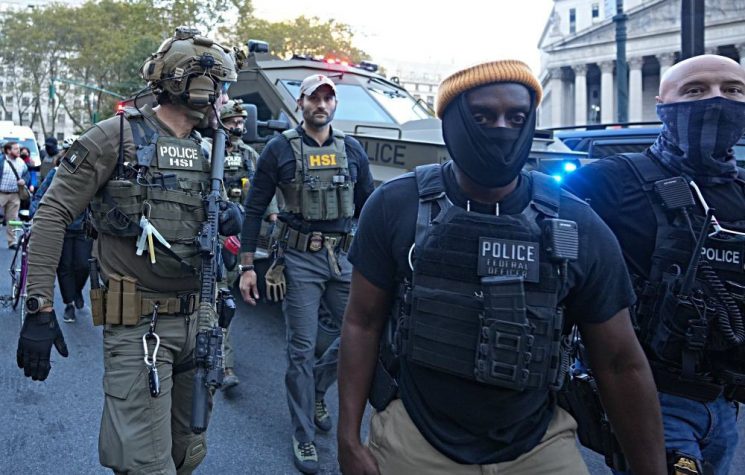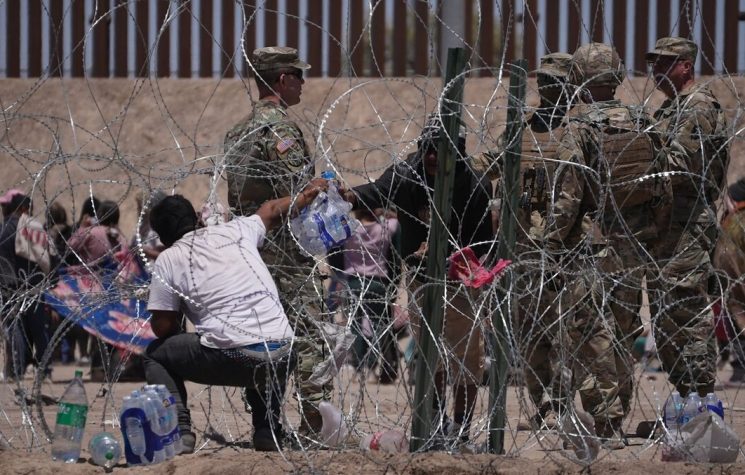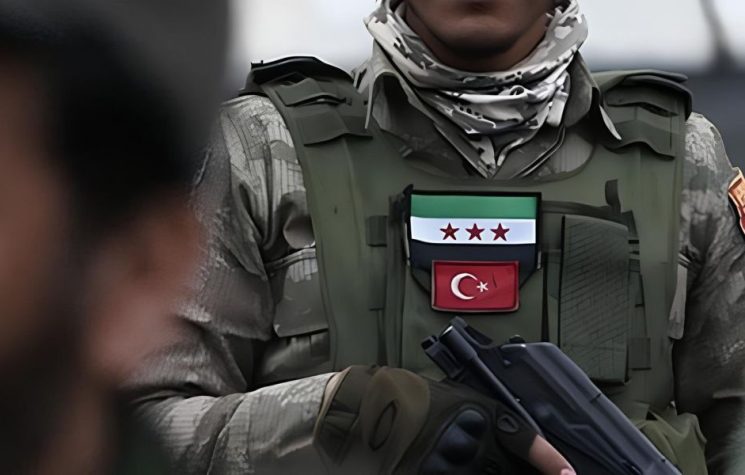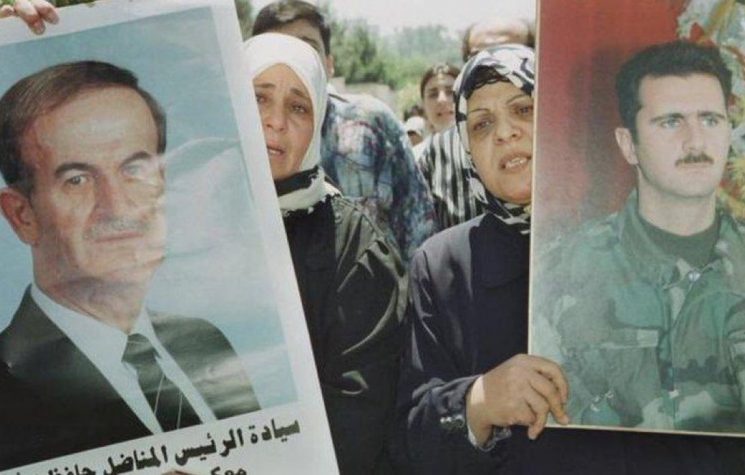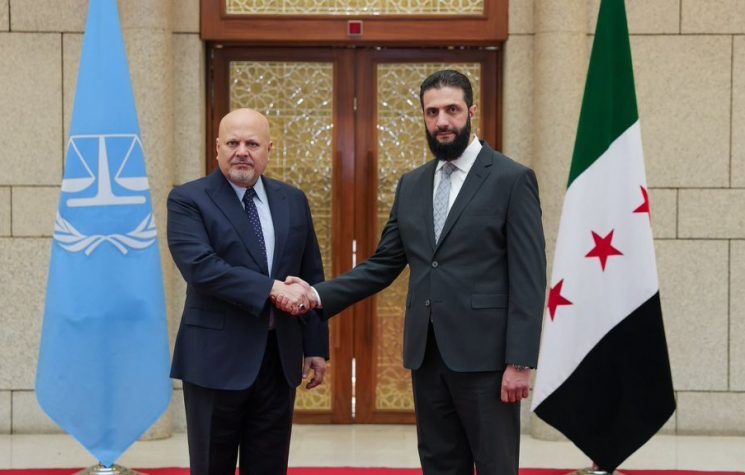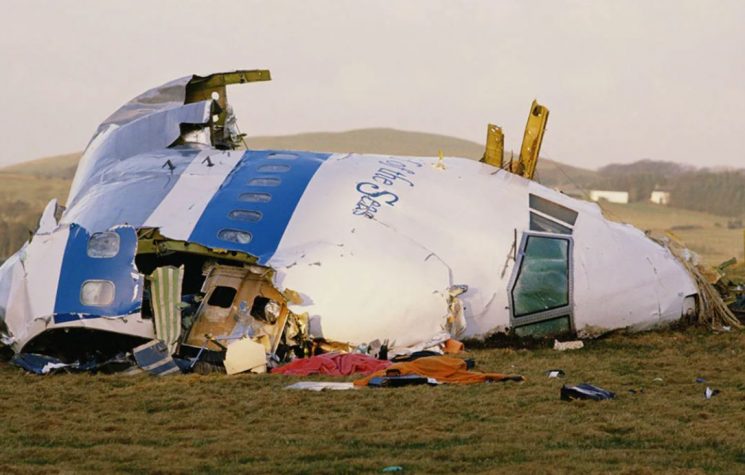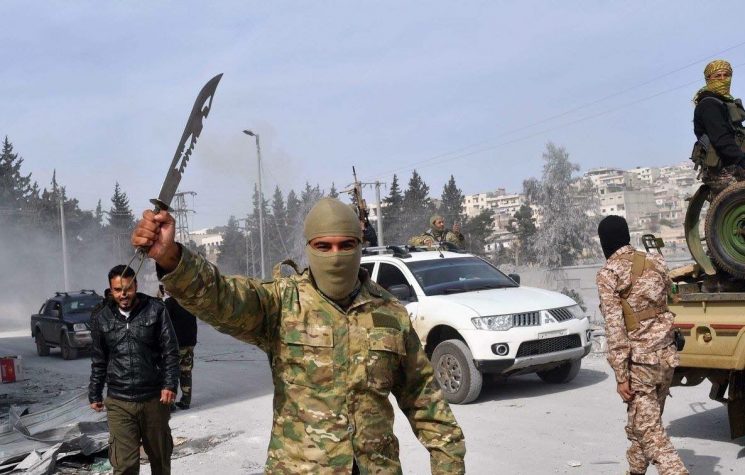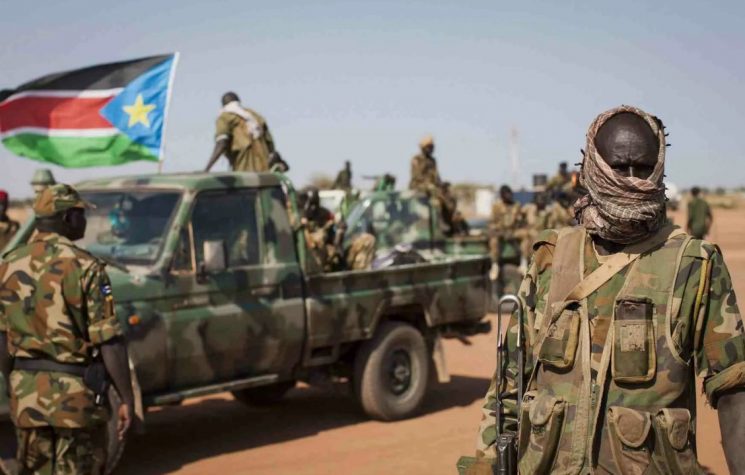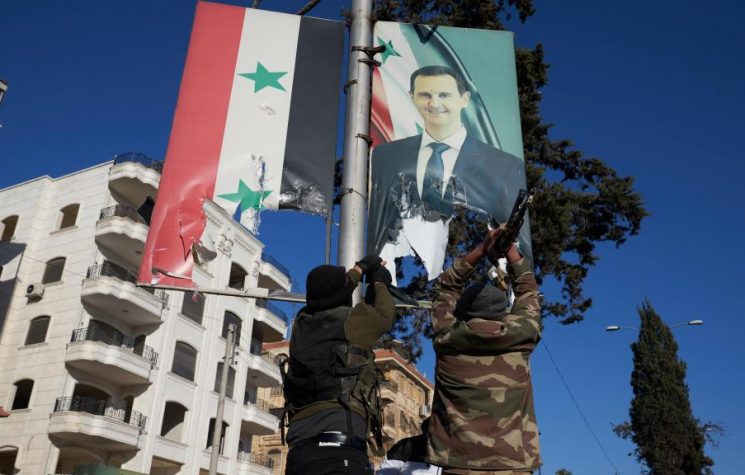It took almost two contentious years and a multitude of parties to finally establish a 150-member ‘Constitution Committee’ to draft, either by writing or rewriting, a constitution for the Syrian Arab Republic. A relatively easy first step on the path towards a peaceful resolution to the ongoing Syrian conflict. The next step is for the newly established Constitution Committee to draft a constitution.
During many meetings I had with members of the opposition in several countries several years ago, they kept insisting that the first and central objective of their “Revolution”, was the downfall of President Al-Assad. This was a precondition for the start of the political process to establish a transitional governing body in line with Security Council Resolution 2254; under no condition, they insisted, would they negotiate with President Al-Assad.
That was then; today, the opposition has been reduced to a minority component of a Constitutional Committee to draft a constitution for Syria which amounts to an admission by the opposition and the regional and international powers who supported them, of the end of their presumed “Revolution”. It is also an admission of the legitimacy of the present Syrian constitution and the 2014 election of President Al-Assad, whose downfall they insisted on for years and now with whose representatives they will negotiate to draft a constitution; an anathema for the opposition and their sponsors. In fairness, it should also be noted that the willingness of the Syrian government to be part of the Constitution Committee and negotiate with the opposition is legitimizing the opposition which the government previously considered a terrorist threat.
Presently, a contentious issue between the Syrian authorities and the opposition revolves around whether the Committee shall draft a new constitution or rewrite the 2012 constitution. The 2012 constitution includes 157 articles, the majority of which should, rationally, be acceptable to the opposition. A minority of articles are contentious; of the most contentious and possibly insurmountable articles, the following stand out, starting with the least contentious ones:
- Article 1. Syria and Syrians national identity. “The Syrian Arab Republic…” and “People of the Syrian Arab Republic are part of the Arab Nation.” Some groups of the Syrian secterian and ethnic mosaic, particularly ethnic, would object to identify Syria and Syrians as Arab.
- Article 3. Religion in the constitution. “The President has to be part of the Muslim faith” and “Islamic jurisprudence doctrine is a primary source of legislation.” Here also some groups would object to involve religion in the constitution.
- Articles 91-116. Distribution of executive powers, in which extensive executive powers are granted to the president. Some groups will note that this would be normal if the Syrian political system was Presidential. But the Syrian political system is Parliamentary in which the executive powers ought to be, by and large, delegated to the Prime Minister while the presidential powers would typically be mostly ceremonial.
- Articles 88 and 155. Two term presidential service and retroactive limitation. Article 88 states, “The President may be re-elected for another single term.” Article 155 states “The provisions of Article /88/ of this constitution shall come into effect as of the next Presidential elections.” Thus, the constitution’s retroactive article permits President Al-Assad to be nominated in the next presidential elections in 2021. The government component will insist on including a provision in the new constitution similar to Article 155 of the present constitution which clearly means President Al-Assad is eligible for nomination in the 2021 presidential elections. Conversely, the opposition would most likely insist on including a retroactive two presidential terms article which will effectively prevent President Al-Assad from nomination in the next presidential elections; a potential deadlock!
For both the government and the opposition, the extensive presidential powers and President Al-Assad’s nomination in the next presidential elections in 2021, amongst others, are the crux of the matter, the carpenter’s knot, as the Arabs would say; an irresistible force colliding with an immovable object. In view of the adoption of the 75% majority voting rule, giving each component a veto power, either of these two issues, could sabotage drafting a new constitution, and rendering the attempt at a peaceful resolution of the Syrian crisis null and void and back to square one, which the government probably would not mind.
The government is united with clear sequential peace process steps leading to where it wants to get. The first step is adopting a new constitution, after which other steps follow. Conversely, the opposition is plagued by many ills including disunity, disorganization, mismanagement, rivalries, etc. It is not united on a clear sequential peace process steps: Is the first step adopting a new constitution or establishing a transitional governing authority? Time is on the side of the government and it will use rules of procedures to delay the drafting of a constitution. The Syrian Foreign Minister Walid al-Muallem has made it clear that there is no rush in drafting a constitution.
Finally, the government and the opposition are aware of the power disparity between them, which brings to mind Thucydides dictum “The strong do what they can and the weak suffer what they must.” However, the ultimate question and determining factor is: will the influentials see to it that a new constitution is drafted and the peace process moves on to the next step?








